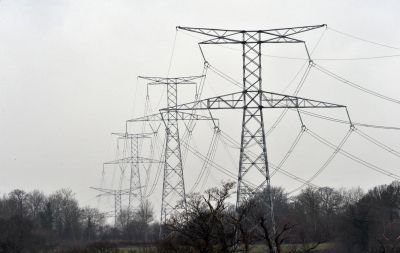Following the announcement that smart meters will be rolled out across the UK by 2013 an August 3 report by a clean tech research group has raised security concerns over the technology. The Pike Research group claims that despite a large increase in spending on security, companies are putting their own interests ahead of those of consumers, leaving smart meters vulnerable to cyber attacks.
Smart grids power supply networks delivering electricity to consumers utilizing two-way digital technology devices known as smart meters which allow users to monitor their energy usage, wastage and periods of high or low power demand. This enables consumers to save electricity by not using high energy devices such as washing machines in peak periods of electrical demand. Additionally this reduces the nationwide demand for power and CO2 emissions associated with electrical generation.
The development of the smart grid continues to build momentum following a July 28 announcement by the United Kingdom Department for Energy and Climate Change that Smart Meters will be rolled out across the UK by 2013. This rollout is ahead of the European Union targets to have Smart Meters in 80 percent of homes by 2020. The smart grid also continues to be developed in nearly all regions of the world including far eastern countries such as China.
However clean tech market research group Pike Research released on August 3 a report outlining the vulnerability of smart meters to hackers. Data on household behavior is encrypted in commercial or home networks for example but then decrypted at the smart meter; as a result, for a short while the data is available for hackers to access easily.
Despite spending on smart grid security predicted to reach $575 million by 2015, smart meters remain the most vulnerable point in the grid according to Pike Research. The vulnerability of smart meters suggests that companies are putting their own, not the consumers' interests first. The report states that smart meter manufacturers "demonstrate little interest in solving this problem, as long as the data is adequately protected in their own domains."
The report estimates that the earliest possible date for the implementation of smart meter security devices would be in 2013, by which date many smart meters could already be in use.
Security concerns about smart meters are believed by many industry experts to stem from the relatively short time given to develop and deploy the new technology. Consumer opinion was already divided over the implementation of smart meters before the issue of cyber security was raised, with surveys reporting that many Europeans found it difficult to trust the technology.
Subscribe to Independent Premium to bookmark this article
Want to bookmark your favourite articles and stories to read or reference later? Start your Independent Premium subscription today.


Join our commenting forum
Join thought-provoking conversations, follow other Independent readers and see their replies